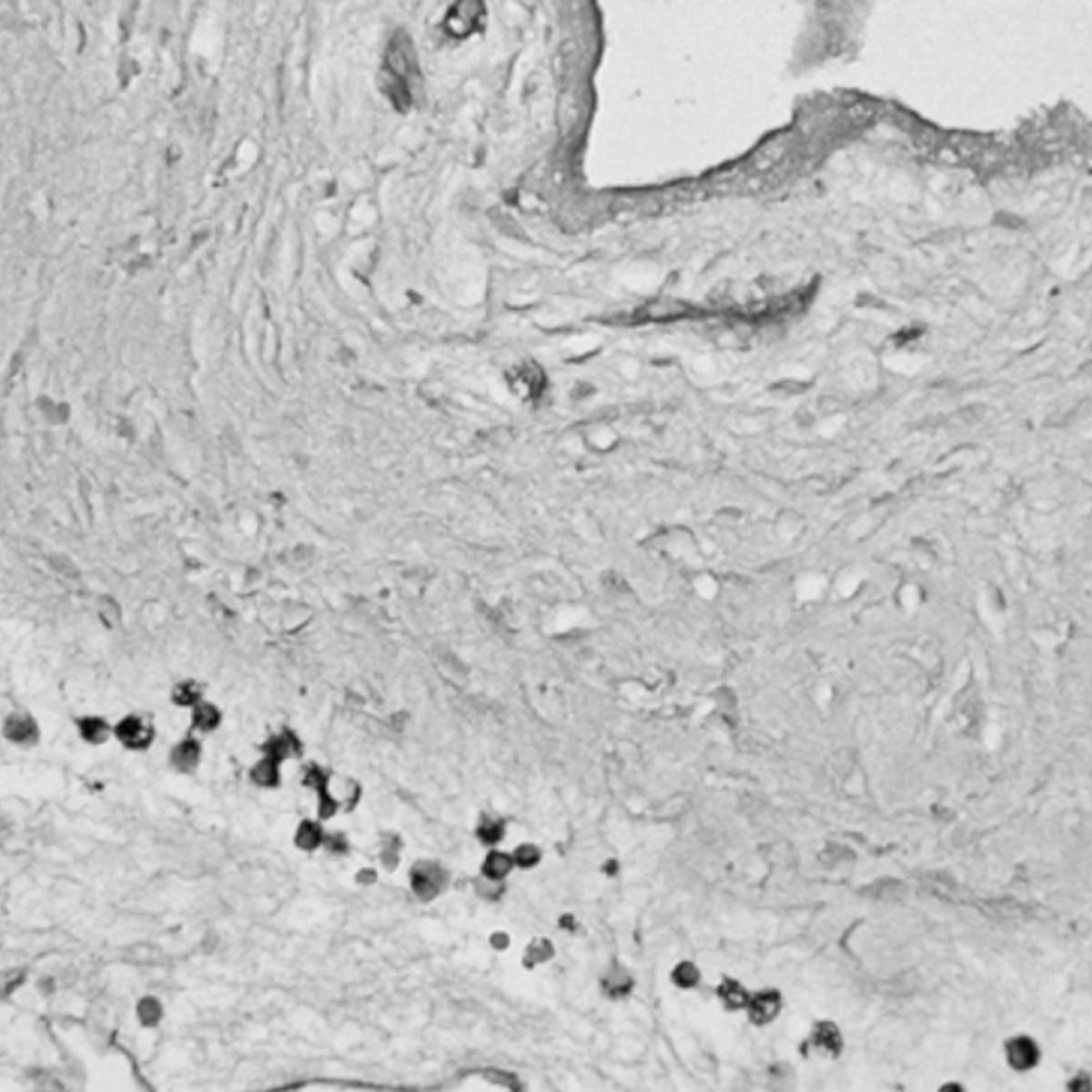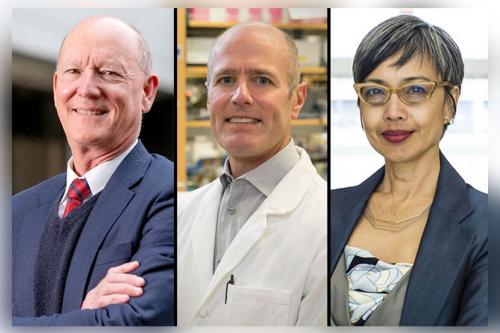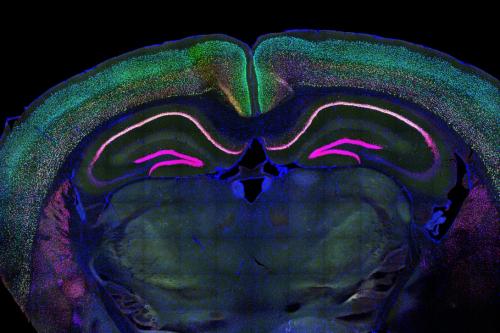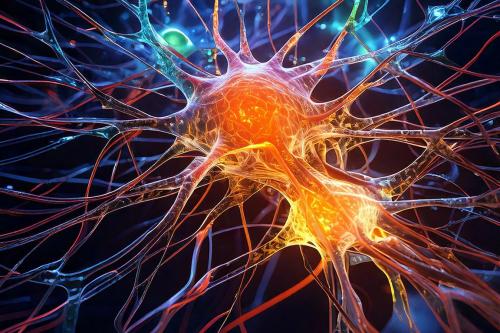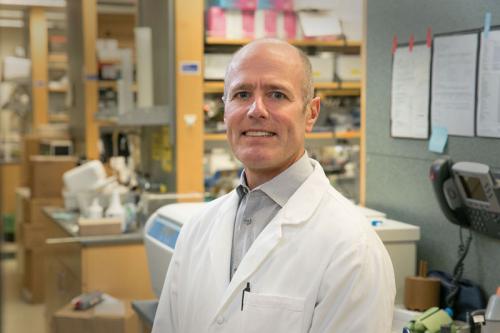
S. Thomas Carmichael, M.D., Ph.D.
- Professor and Chair, Neurology

S. Thomas Carmichael, M.D., Ph.D., treats patients with neurological disorders and studies how the brain repairs itself after stroke and other injuries. He seeks to develop new drugs and stem cell therapies that activate and enhance the brain’s repair response to stroke, ALS, Alzheimer’s disease and epilepsy.
Carmichael studies the molecular and cellular mechanisms that enable the adult brain to form new connections and recruit brain stem cells to injured areas following stroke. If properly harnessed, these two processes — known as axonal sprouting and neurogenesis — hold the promise of regenerating and reconnecting brain cells near areas of injury. He seeks to identify the molecules that control these critical repair mechanisms in order to develop therapies that enhance recovery.
Brain injuries are interconnected, and often exacerbate one another. Vascular dementia, for example, is caused by the accumulation of small strokes in the connecting “white matter” areas of the brain. Damage resulting from these strokes can accumulate and cause noticeable neurological impairments over time. Vascular dementia increases the incidence and progression of Alzheimer’s — and vice versa —and many patients experience the effects of both diseases in a form of “mixed dementia.”
Carmichael’s work in stroke recovery has led to important findings about the mechanisms of brain plasticity and repair. These include the discovery that strokes produce partially damaged circuits that limit recovery, but can be restored to normal functioning with experimental drugs. Carmichael’s research has also defined a novel environment in the brain in which new blood vessels are formed and secrete growth factors that stimulate neural stem cells to become neurons. He further identified how these "growth programs" change with age, and how specific molecules in the aged brain block the formation of new connections, reducing overall recovery.
Together with center member William Lowry, Ph.D., Carmichael developed a stem cell therapy that was found to repair brain damage and improve memory function in mice with conditions that replicate human strokes and dementia. They are now working to complete the Investigational New Drug-enabling studies necessary to bring this experimental treatment to clinical trials.
Carmichael is an elected member of the Association of American Physicians.
Research Projects
- Studying the mechanisms that enable brain cells to form new connections after stroke – and the factors that limit this process
- Developing drugs and stem cell-based therapies that enhance the brain’s inherent ability to repair itself and promote recovery and restoration of function
- Examining the process by which the brain’s repair process goes awry, leading to the formation of scar tissue
-
Medical Board Certification
- Neurology, American Board of Psychiatry and Neurology, 2000
Fellowship
- Neurorehabilitation, David Geffen School of Medicine at UCLA, 2001
Residency
- Chief Resident, Neurology, Washington University School of Medicine, 1998
Internship
- Internal Medicine, Barnes-Jewish Hospital, 1995
Degrees
- M.D., Washington University School of Medicine, 1994
- Ph.D., Neuroscience, Washington University, 1993
-
